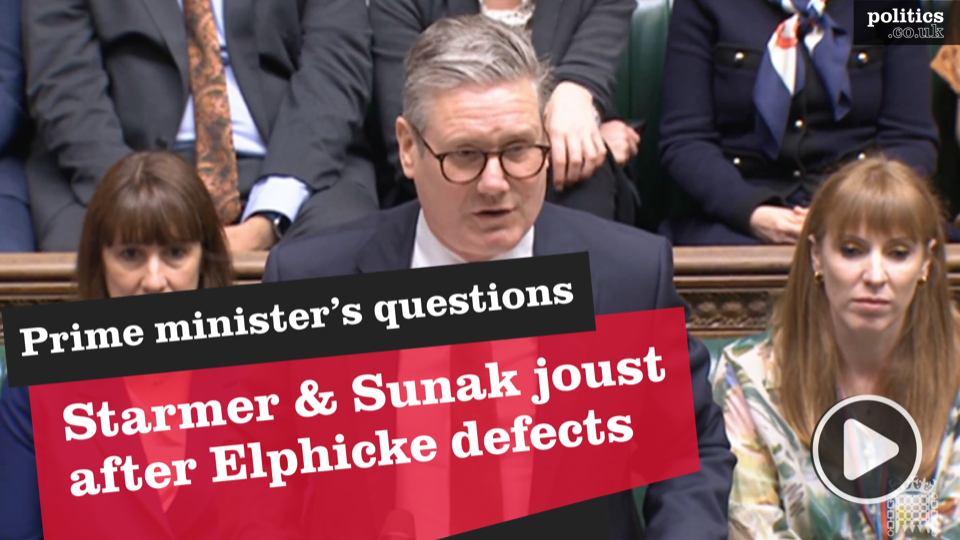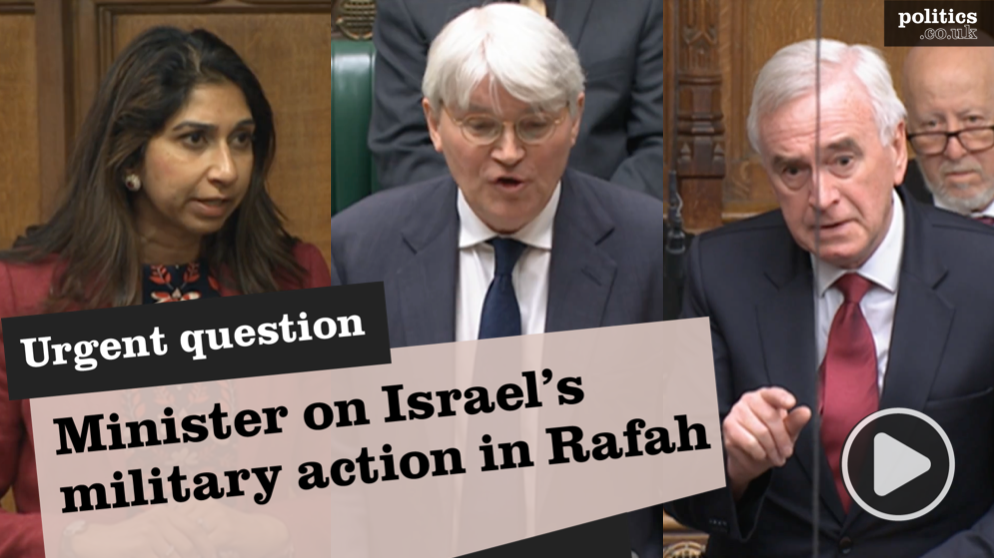Conservative peer Lord Deben intervenes in High Court to back climate legal challenge against government
Former chair of the Climate Change Committee [CCC], Lord Deben, has made a dramatic intervention in the High Court by providing a witness statement in support of Friends of the Earth’s legal challenge against the government’s climate strategy, which is currently before the court.
The High Court is hearing three separate (but related) legal challenges – brought by Friends of the Earth, ClientEarth and The Good Law Project – to the government’s Carbon Budget Delivery Plan (CBDP), the country’s economy-wide decarbonisation plan.
The three organisations believe that the CBDP, which was adopted in March 2023, fails to properly account for how it would meet the UK’s domestic climate targets, as required under the Climate Change Act (CCA). Friends of the Earth’s challenge also refers to the absence of sufficient information on how the UK’s 2030 target – its Nationally Determined Contribution [NDC] adopted under international law – will be met.
Friends of the Earth’s case criticises the assumption at the core of the government’s climate plan that ‘everything will go right’. This is especially relevant given information that has only come to light through this case that officials’ categorisation (known as RAG rating) of the risk of policies not delivering the emissions cuts required into ‘very low’ (red), ‘low’ (amber/red), ‘medium’ (amber), ‘high’ (amber/green) or ‘very high’ (green), were not actually shown to the Secretary of State before the plan was approved.
A document produced by Department for Environment, Food and Rural Affairs (DEFRA) officials, but not shared with the Secretary of State, identified that nearly half of the policies were listed as having ‘very low’ or ‘low’ degree of confidence.
In his witness statement submitted to the High Court in a ‘rolled up’ hearing currently before the court, which had been opposed by the government, Lord Deben provides powerful evidence in support of Friends of the Earth’s case:
- He says the government did not share information on its strategy with its statutory advisors the Climate Change Committee (CCC) in advance of the publication of its Carbon Budget Delivery Plan, stating “in my experience, the government has previously given the CCC advance information about reports published under the CCA 2008”.
- He concludes that it is “difficult to avoid the view” that the government did not want the CCC to examine the plan before it was published, calling this “regrettable”.
- Lord Deben criticises the government’s approach to risk, the issue which lies at the heart of Friends of the Earth’s case, including the government’s assumption that everything will go to plan, and the lack of contingency planning.
- He highlights a lack of adequate information provided to the Secretary of State on risks that the plan would not deliver the legally required cuts in emissions and considers that the information which was provided to the Secretary of State (but not included in the plan) was unclear.
- He refers to the RAG risk ratings (see above) provided by DEFRA officials, and expresses surprise that this document, and those RAG ratings provided by other government departments, were not actually provided to the Secretary of State.
- His view is that if they had been, where “many of the policies and proposals were rated red or amber in terms of delivery risk”, the Secretary of State could not have concluded that the policies would enable the statutory targets to be met. These RAG risk ratings are not mentioned in the published plan either.
- Lord Deben says that after the CCC was able to study the full detail of the CBDP and supporting documents, they reached the conclusion that they “were even more unconvinced that the government’s programme would achieve net zero by 2050”.
Friends of the Earth is challenging the Carbon Budget Delivery Plan under the Climate Change Act, arguing:
- There is a lack of information on the government’s assessment of the very real risks that many of the key policies in its plan simply won’t deliver the cuts necessary to meet legally-binding climate targets. And the Secretary of State lacked sufficient information as to the level of risk associated with the plan to adopt it lawfully under the CCA.
- The plan contains insufficient information on risk to delivery of the policies, the uncertainty associated with the policies actually being rolled out and ultimately achieving their intended emissions cuts, so Parliament and the public have been kept in the dark.










